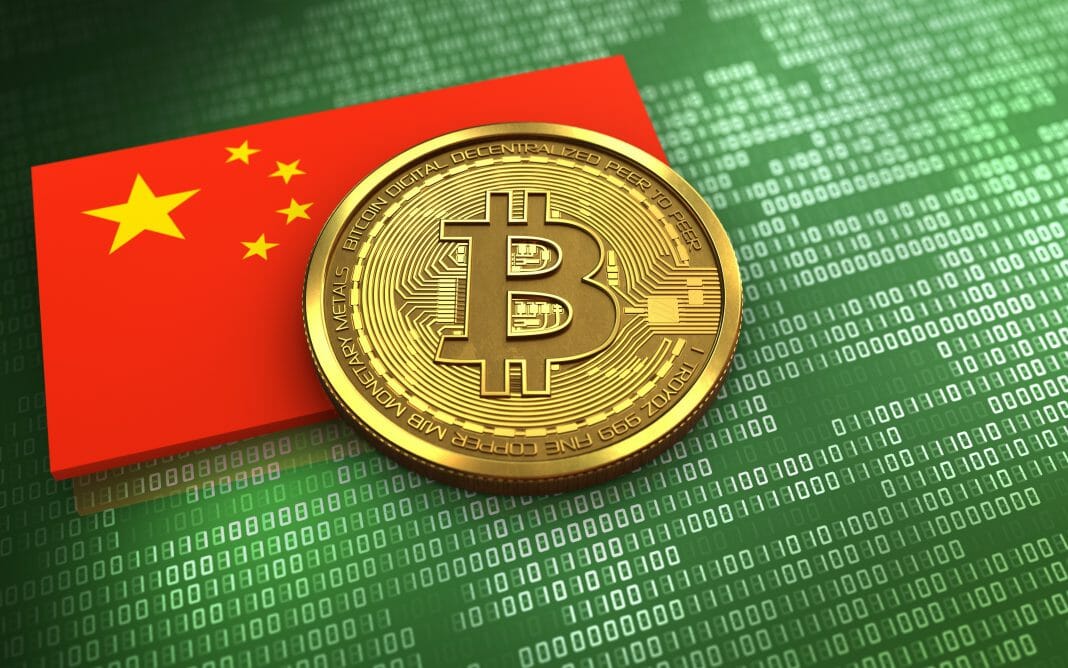The Senate Banking Committee discussed financial inclusion and competition with China. Lawmakers are interested in knowing the scope of creating a digital currency.
The US Senate Banking Committee held a hearing last June 30th to discuss how to improve the country’s financial infrastructure. The meeting focused on the possible creation of a digital dollar and how it would be better than Bitcoin and the digital yuan that China is developing.
Most of the legislators are not against a project of this magnitude, but they expressed their doubts about how to handle it and how it would help a greater inclusion of the unbanked, among other things.
The Senators believe that China is more advanced in what the digital yuan would be as a new central bank digital currency (CBDC). Besides, they noted that that of the United States must be better than that of the Asian giant, and even than Bitcoin.
Senator Tom Cotton said that the United States needs a digital dollar He considers that the US dollar must continue gaining that position in the global payment system. He stressed that it has to be better than Bitcoin and the digital yuan.
Along with the Senators, among those attending the hearing were Paxos CEO Charles Cascarilla, Duke University researcher Nakita Cuttino, and the former head of the US Commodity Futures Trading Commission (CFTC) Chris Giancarlo, a promoter of the creation of the digital dollar.
Giancarlo highlighted that the United States needs the digital dollar, but that its development must include more debates and special attention to its application.
The executive said that it is necessary to update the US dollar with care and deliberation. However, he insisted that they have to start immediately if Bitcoin is the reason to start now.
Bankers Association
As senators debated the US digital dollar and Bitcoin, one of the participants read a statement from the American Bankers Association, a private consortium of American banks. The document questioned the creation of a digital currency by the central bank, since an instrument of this type, sponsored by the Federal Reserve, would yield more power to the State.
The Bankers Association believes that the creation of a US digital dollar would lead the Federal Reserve to become “the almost monopoly provider of the currency, bank accounts, and payment services.”
In this sense, Federal Reserve Chairman Jerome Powell himself said in June that private entities should not participate in the creation of digital currency that the central bank manages.
Regarding China’s progress on developing its digital currency, the country has been accelerating its creation in a secret environment. The task force has been reportedly operating away from the headquarters of the People’s Bank of China.
In case the digital yuan materialized, China would become a pioneer in the handling of digital currencies by central banks, which could pose a threat to the financial interests of the United States worldwide. The matter would raise the tension between the two nations, which have already clashed in the arenas of commerce, politics, and even health, as a consequence of COVID-19.
China’s use of the digital yuan as cash, without participants having to register an account with the central bank, could affect the use of the US dollar as a global exchange currency, so the United States would be at a disadvantage.
By Alexander Salazar











